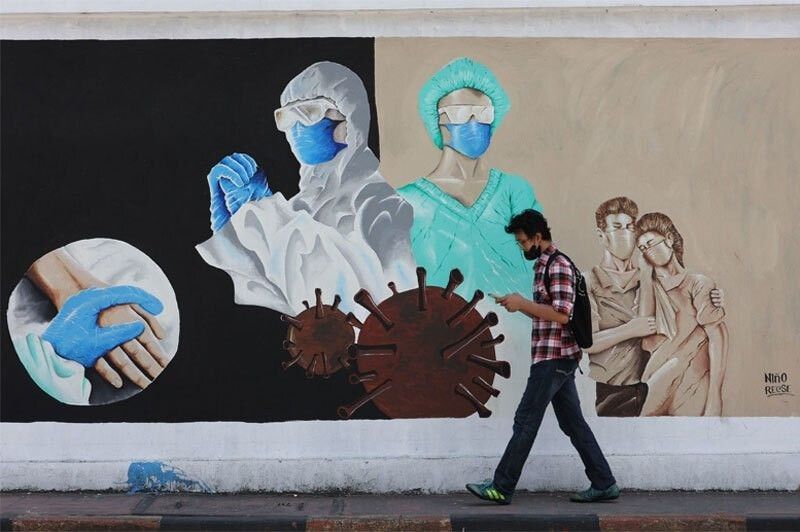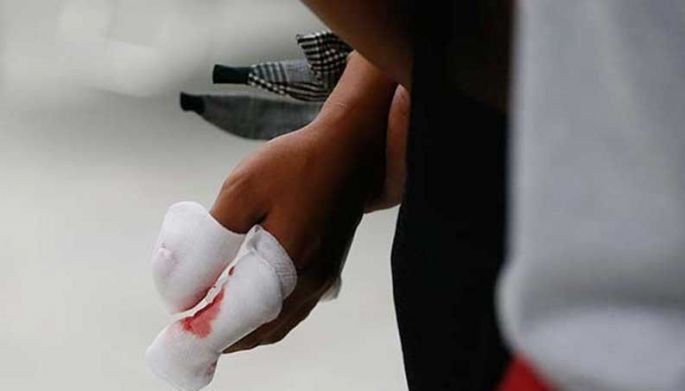IATF to Marcos: No need to bring back mask mandate, other COVID-19 curbs

MANILA, Philippines — The Philippines does not need to bring back its mask mandate and other pandemic restrictions even as COVID-19 cases continue to increase, the Inter-Agency Task Force for the Management of Emerging Infectious Diseases said in recommendations to President Ferdinand "Bongbong" Marcos Jr.
Marcos said Sunday that the government might consider making the wearing of face masks mandatory again if recommended by health authorities.
"We already recommended to the Office of the President, based on agreements coming from IATF discussions, that we don’t need to bring back the mandates," Health officer-in-charge Maria Rosario Vergeire, who recommends wearing masks even if they are not required, said in a briefing Tuesday.
What Filipinos need, according to Vergeire, is to increase their risk tolerance against COVID-19.
"We need to learn how to protect ourselves and our families," the health official said.
"Let’s choose to wear masks when we go to high-risk areas, enclosed spaces with poor ventilation. Especially those who are unvaccinated, senior citizens, people with comorbidities, those who are immunocompromised and pregnant women, let’s choose to wear masks," she added.
Vergeire also called on the public to get vaccinated and boosted to increase their protection against the virus.
In September last year, Marcos made the wearing of face masks outdoors optional. He signed an executive order the next month making the wearing of masks indoors voluntary, except in health care facilities and public transportation.
The DOH had argued against lifting the mask mandate in late 2022, saying it was too soon to do so even if cases were down.
Admissions remain low
COVID-19 cases in the Philippines are on the rise, with the DOH reporting 4,456 new infections in the past week. The daily average—637 cases—last week increased by 42% from the figure logged from April 17 to 23.
Vergeire emphasized the uptick does not translate to more hospital admissions, severe and critical cases, and deaths. Healthcare utilization rates also remain low.
"We cannot have that kind of low tolerance that when cases increase, we suddenly have a knee-jerk reaction to bring back masking or impose lockdowns. We cannot do these back-and-forth policies because we have to balance this with our economy," Vergeire said.
The Philippines has confirmed over four million COVID-19 infections, with more than 66,000 deaths, since the pandemic began in early 2020.
- Latest
- Trending
































